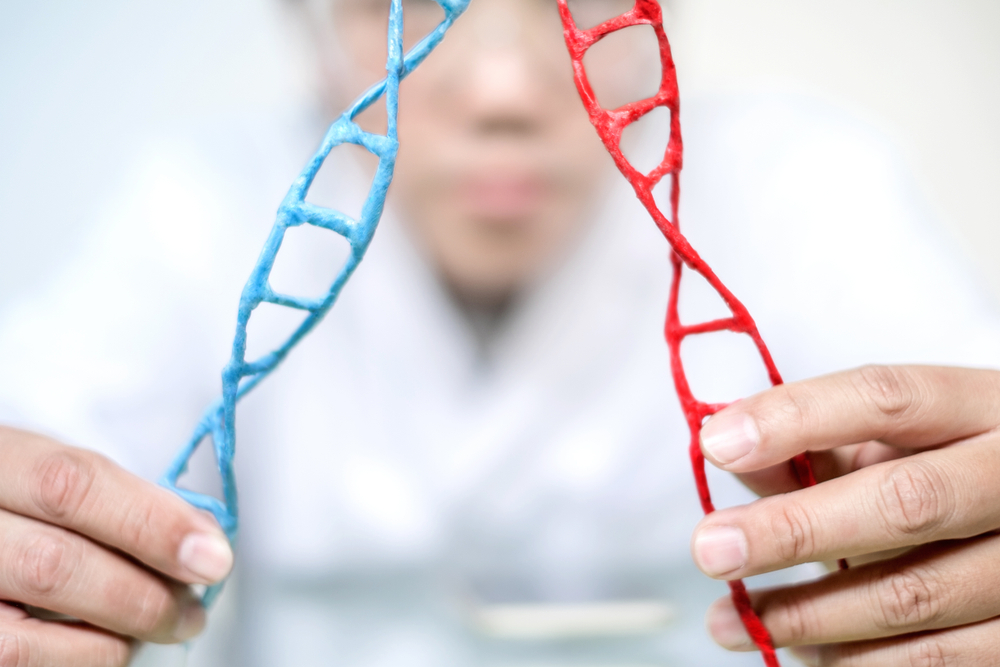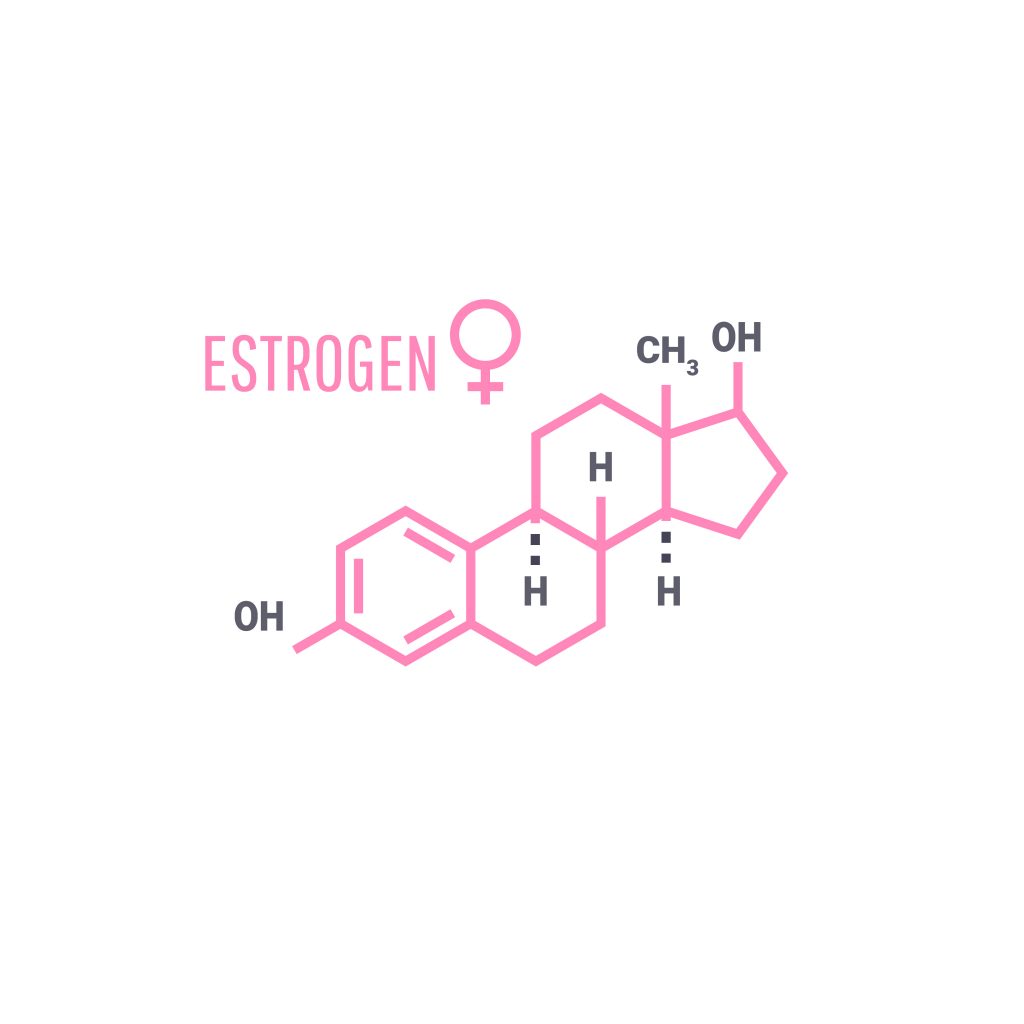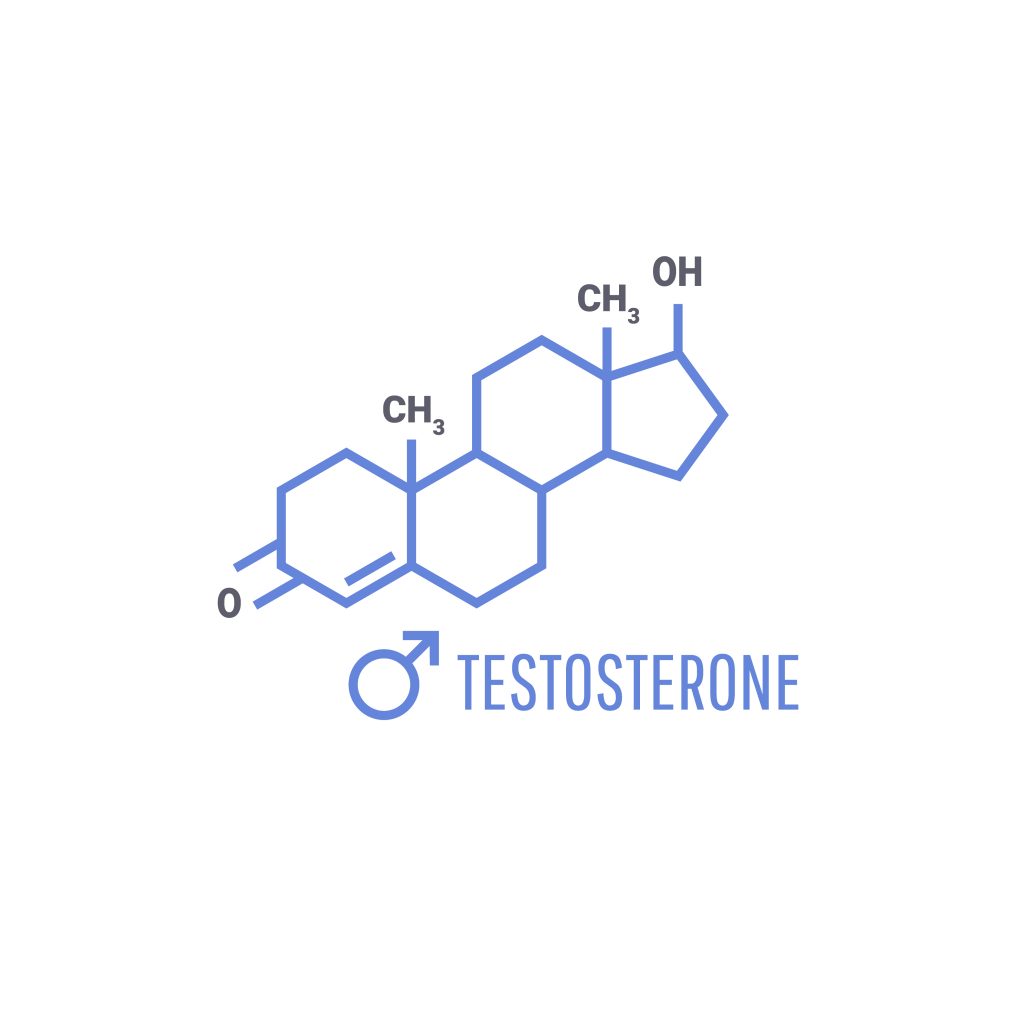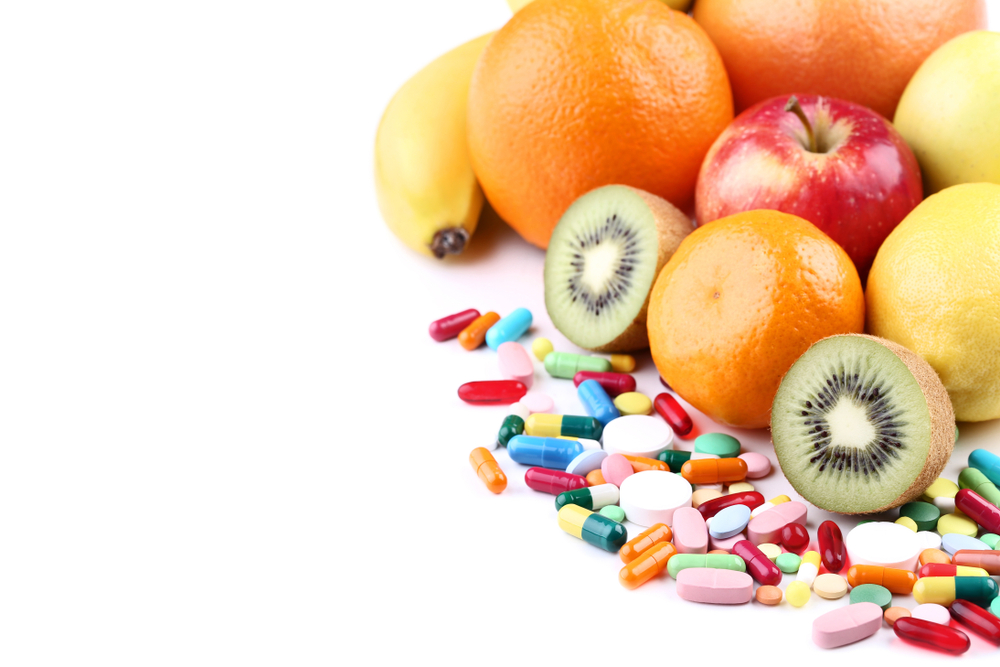Causes for acne-prone skin
Genes

The development of acne and the health of your skin is depended on your genetics. Therefore, you shouldn’t be blaming yourself for your skin appearance. Our pre-set genetics will determine whether we will have the easiest form of acne- blackheads, or the worst case of acne- inflammatory acne with sore cysts and nodules. How oily or dry your skin is in any age and your skin texture is also pre-determined. For example, if you have oily skin and very fast turnover of skin cells, your pores will clog easily and pimples will follow. Dark spots and pigmentation can appear after the pimple is healed due to the infection that disrupted the skin. Dark spots can stay on your skin for months and even years, depending on your skin-tone and again, your genes. Our genetics controls the way we look, but sometimes external factors can have an impact on our skin, these factors will be discussed further down the line.
Hormonal acne (women)

The amount of sebum secreted from the sebaceous glands is affected by the hormonal balance in our body, which differs throughout our lives, for men and women alike. Hormone levels in women, estrogen and androgen, vary during the menstrual cycle. In a case of hormonal imbalance, acne occasionally appears in adult women due to the irregularity of androgens. Acne can appear even in pre-menopause women, when estrogen levels decrease.
Women that suffer from high levels of androgen, such as women with polycystic ovary syndrome, are more likely to develop acne as adults. In other cases, women that lead stressful lives, can experience elevated levels of cortisol that can lead to an acne breakout. To summarize, the hormone levels can be accountable for 30-40% of acne breakouts that women are subjected to during different periods of their life.
Hormonal acne (men)

Men can experience hormonal imbalance during two periods in their lives, adolescents and menopause. Hormonal imbalance typically leads to acne breakouts, however, between these two periods men do not tend to develop acne breakouts. Androgens, male sex hormones, start rising as young boys become teenagers. Due to these hormonal changes, facial hair starts growing, their voice becomes deeper and many boys undergo a growth spurt. Along with these physical changes and high hormone levels, teen boys usually suffer from severe acne breakouts, much more intensely than teen girls.
Adult men produce 10 times the amount of testosterone than women, although the sebum secretion balances out during their adolescents. As men get older, they would rarely develop an acne breakout. In fact, high testosterone levels make men skin thicker and therefore less wrinkled as they get older.
External reasons for adult acne breakout in men can be- stress or certain proscription drugs.
Stress

Stress is known to cause acne breakouts or worsen existing acne.
When we experience stress, our body produces a hormone called cortisol, along with other hormones from the adrenal gland. Hormones increase sebum secretion in the dermis, this process can lead to clogged infected pores that result in acne. For women, a higher percentage of the hormones are secreted from the adrenal gland, making women more susceptible to stress related acne than men. Recent studies find that more and more adult acne is stress related, due to contemporary life.
Stress not only worsen existing acne it can also prolog the breakouts. Acne in itself can cause stress, so the cycle of stress and acne continues. Useful ways to reduce stress are to get enough sleep, exercise, healthy food and sometimes meditation can be the key.
Diet and medications

While studies have shown that the primary cause of acne is not our diet, high sugar consumption is known to lead to acne breakouts. Sugar-rich or processed foods can increase the levels of sugar in the blood, causing the cells to develop a resistance to insulin. The skin reacts to this condition by oil secretion into the pores, resulting in acne.
Dairy products and meat containing growth hormones and antibiotics can contribute to acne breakout in people with different sensitivities. In addition, there has been found a connection between high iodine levels in people that consume a large amount of fish, seaweed or iodine-rich salt to acne breakouts.
As you can probably tell, there have not been a conclusive study connecting diet and acne, except for a few theories. So, what can we do in the meantime to avoid acne? for teenagers we advise to examine your daily diet and see if you might be sensitive to an ingredient that causes your breakouts. Writing down everything you are eating for a few weeks can help you determine if any food causes a breakout. The next step would be avoiding the specific food for 3-4 weeks and see if the breakouts lessen. This is the best way to determine if your diet effects your skin condition.
Furthermore, drinking 6-8 cups of water a day can benefit your health, but it wouldn’t “wash” out the acne nor will it decrease the sebum secretion.
Moreover, some OTC medications or proscription drugs can cause a chemical shift in the body causing hormone imbalance and again leading to acne. Lithium is a type of drug known to cause acne, steroids, DHEA, birth control pills, drugs that contain bromide or iodine can all provoke an acne breakout. If you are taking medication daily, be sure to ask your doctor of any side effects that may occur and if they do, seek an alternative treatment.
Environmental factors and habits

Environmental factors such as air pollution, smog, makeup leftovers and smoking can clog your pores and provoke an acne breakout. Hot and moist climate is also known to cause acne.
The skin is the largest organ in our body. One of the skins main functions is to protect the body from toxic materials, bacteria and viruses. Some environmental hazards can lead to rare forms of acne, referred to as chloracne. Chloracne is an acne-like eruption of blackheads, cysts, and pustules associated with over-exposure to certain metals or aromatic compounds. Chloracne is different from the regular acne which is caused by hormonal imbalance.
Personal habits, including cosmetic products you might be using, can be of great impact on the skin condition. Shampoos, hair conditioners, creams, hair gels and other hair products can clog pores and cause an acne breakout on the forehead area, near the hair line. Moisturizing creams rich in fatty ingredients, lubrication materials such as Vaseline (a product of crude oil), makeup primers and wax-based makeup can all clog pores and cause comedones, whiteheads and blackheads.
The solution: make sure to remove your makeup before going to bed with micellar water for the eye area and with GIGI’s gentle facial soap for the rest. For an ideal skin-care routine use a mild exfoliator 2-3 times a week.
For people using hair products on a daily basis, make sure to wash out the product carefully, especially wash well the forehead and temples area.
Often, acne is caused by friction with clothing items for example hats, wigs or bandanas. These items increase sweat and capture bacteria that causes inflammation of the skin. To prevent acne its best to remove the item that causes friction and wash the skin with soap and water.
Mild exposure to sun can benefit your acne for a short while, since blue sunrays are toxic to P. acnes bacteria, and tanning can mask redness. However, long-term sun exposure can lead to sun burns that increase the amount of dead skin cells that clog pores. Sunscreen creams can also clog pores due to their composition of fatty ingredients and rise the heat inside the hair follicle. This process can result in a small bump resembling an acne spot. “Sun bumps” are not acne, they are a sort of a rash caused by sun exposure, usually appearing on the back, during the hot summer months. Avoiding sun exposure, using sunscreen of a light, non-comedogenic composition such as GIGI’s SUN CARE lotion are the best way to protect your skin and prevent breakouts.
